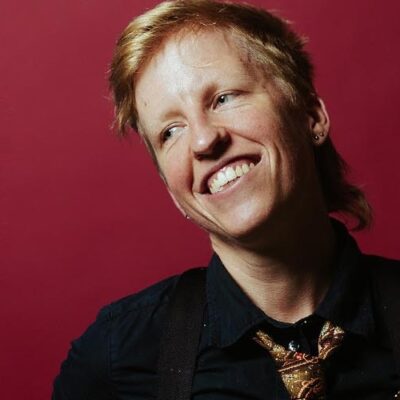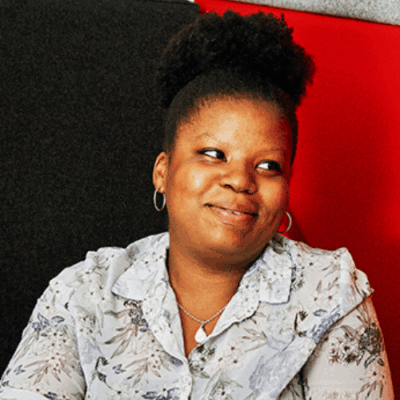
Proud Employers Accreditation
The Stonewall Proud Employers Accreditation is a benchmarking and accreditation tool that you can use to assess and progress LGBTQ+ inclusion in your workplace. It's designed to support employers to foster safe and inclusive work environments where everyone can thrive.
Why become accredited?
Achieving Proud Employers Accreditation sends a clear message to your employees, prospective employees, clients, service users, customers, and wider sector that you are an inclusive employer.
What is the accreditation?
Through eight areas of employment policy and practice, the accreditation scheme helps you take a holistic look at your LGBTQ+ inclusion work. Accreditation will help you structure your work on LGBTQ+ inclusion guided by a proven good practice framework.
You'll receive detailed feedback from Stonewall’s team of inclusion experts, who will help you understand and celebrate what is working well. We will also share best practice and support you to leverage participation to achieve impact. It will also ensure you have a practical framework for continued improvement.
You’ll also receive an exclusive report detailing trends, sector analysis and examples of innovative practice to help you remain at the forefront of LGBTQ+ inclusion work.
Why is LGBTQ+ inclusion important?
- Research tells us that LGBTQ+ people are a growing part of society with one in ten 16-24 year olds identifying as lesbian, gay or bi - meaning they represent a increasing portion of your future customer and client base, and prospective employees.
- Despite more people feeling able to be open about their identity, we know that a third of LGBTQ+ people don’t feel like they can be themselves at work and over half have experienced discrimination.This negatively affects staff but it’s also bad for business.
- Organisations that don’t take LGBTQ+ inclusion seriously risk losing talent, reduced productivity and meet the expectations of prospective staff.
What recognition is available?
There are four levels of accreditation to showcase your work and provide a clear structure for progression.
- Accomplished: A strong start. Solid foundations are being laid, and meaningful steps are underway.
- Champion: Demonstrating consistent success. Influencing others through example. Actions are taking root and having a growing impact
- Leader: This organisation is setting the standard, with impressive, consistent, and wide-reaching impact.
- Trailblazer:This is leadership at its finest. Trailblazers are at the forefront of change, with exceptional commitment and results that inspire others.
We will also be celebrating the fantastic work being done across all sectors and offering awards including Top Employers, Network Group of the Year and Senior Champion of the Year.
There will also be Stonewall Innovation Awards up for grabs for particularly groundbreaking work on LGBTQ+ workplace inclusion. Awards will be judged based on the information provided in your accreditation application, and do not require an additional form. Award winners, who consent to being included, will feature in our Proud Employers Report.
What's the application process?
By applying for the Stonewall Proud Employers Accreditation, you will receive:
- Automatic entry for a Stonewall award
- A feedback report and an action planning meeting with an expert inclusion consultant within 8–12 weeks of applying.
- If achieved, an accreditation logo to use on your internal and external communication channels
- An invitation to attend our spring celebration and awards ceremony
- Access to an exclusive trends report which draws together data from all organisations who apply for accreditation to provide you with emerging good practice in LGBTQ+ inclusion.
Who can apply for accreditation?
The Proud Employers scheme is suitable for a wide range of organisations. We work with large and small organisations across the public, private and third sector. The accreditation focuses primarily on your work in the UK. If you’d like to explore our global accreditation framework, please do check out the Global Workplace Equality Index.
The Proud Employers accreditation is a membership benefit for Stonewall Proud Employer members. Members can access additional support when preparing their application.
If you’re not a member of the programme you can enter the accreditation and receive detailed feedback and practical action planning support from an inclusion expert for just £1,000 (+VAT).




